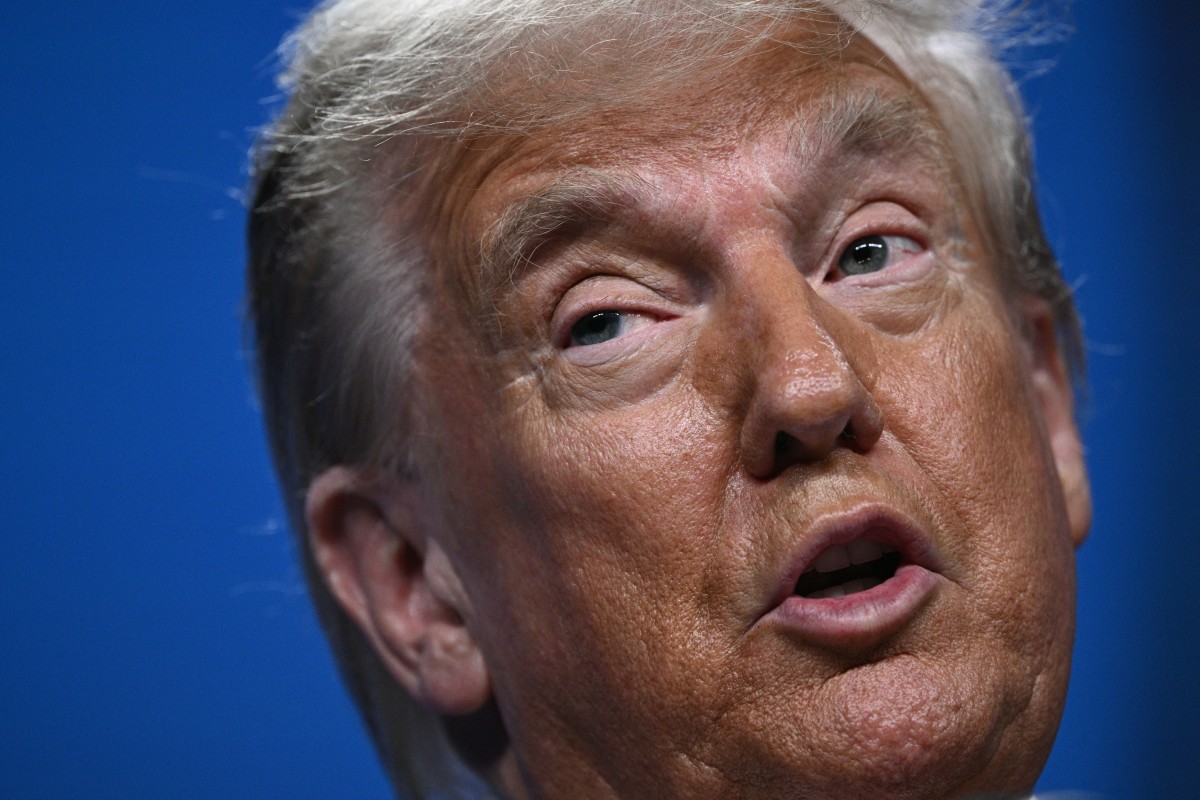Look closely at the faces of U.S. President Donald Trump and the late famous French TV host Jacques Martin, who passed away in 2007, and you’ll find many physical similarities. But beyond appearances, the Israeli-Iranian war, now twelve days in, revealed another parallel.
Jacques Martin, creator of the popular show L’école des fans (The Fans’ School), brought children onstage to sing songs by their favorite artists, with everyone ending up a winner—“tout le monde à gagner.” Similarly, Trump, who directed, produced, hosted, and dominated the war’s media narrative with hourly statements, emerged at the climax to order both warring sides to halt hostilities. He then proclaimed everyone the victor: “God bless America, God bless Israel, and God bless Iran.” Everyone won, everyone was blessed.
This outcome surprised many who had envisioned dramatically different endings—like old Arab films with drawn-out storylines. Analysts had predicted everything from World War III to a prolonged conflict, the fall of the Iranian regime enabling Israel to focus on Lebanon, Israel being wiped off the map, or Iran being squeezed back to the negotiating table on its nuclear program.
The unexpected conclusion left many speechless, particularly in Lebanon, where pundits scrambled to justify their earlier predictions. Some insisted Iran had lost and its regime’s fall was imminent. Others argued Israel failed to stop Iran’s nuclear ambitions, marking a setback and the beginning of Netanyahu’s political decline. A third camp saw this as merely a temporary truce, with root causes of the conflict still unresolved and Trump—rumored to have scolded Netanyahu—possibly surprising the world with new decisions after expected talks with Iran next week.
Meanwhile, whether this is the end of hostilities or merely a pause, Lebanon remains trapped in the conflict’s fire, as daily Israeli aggressions against its land and people continue. Will the “Disunited Lebanese Tribes,” as I previously described them, grasp the rare chance offered by relative calm in the Middle East to reach an agreement—even briefly—that could restore confidence, attract Lebanese expatriates, and lure Arab and foreign tourists, making for a promising summer season?
This call for unity is not just wishful thinking; it is grounded in the strategic reality that the Israeli-Iranian war, regardless of outcome, will not fundamentally alter Lebanon’s internal balance. Iran remains focused on its domestic situation, international interests, and regional role, which many powers seek to strip away. Israel, for its part, aims to usher the entire region into a new “Israeli era,” having already struck Palestinian and Lebanese fronts and hoping to coax all Arab states—and even Iran—into peace deals favoring its own interests.
None of this will change the fact that Lebanon’s internal dynamics are ultimately dictated by international and regional overseers. Nothing significant happens—no power rises or falls—without their blessing. Anyone who believes a single Lebanese faction can gain dominance is mistaken, for the overseer always ensures rival factions keep each other in check. This balance of power leaves the external player firmly in control, pulling the strings according to their interests.
The Israeli-Iranian war is a regional confrontation within a global struggle playing out on Middle Eastern soil. No Lebanese faction should imagine itself a major player whose opinions sway the winds of destiny. Any perceived excess of power is illusory and may turn against its holder when the time comes to reap the spoils—just like bandits who fall out among themselves over loot, leading to their own undoing.
Please post your comments on:
[email protected]
 Politics
Politics







